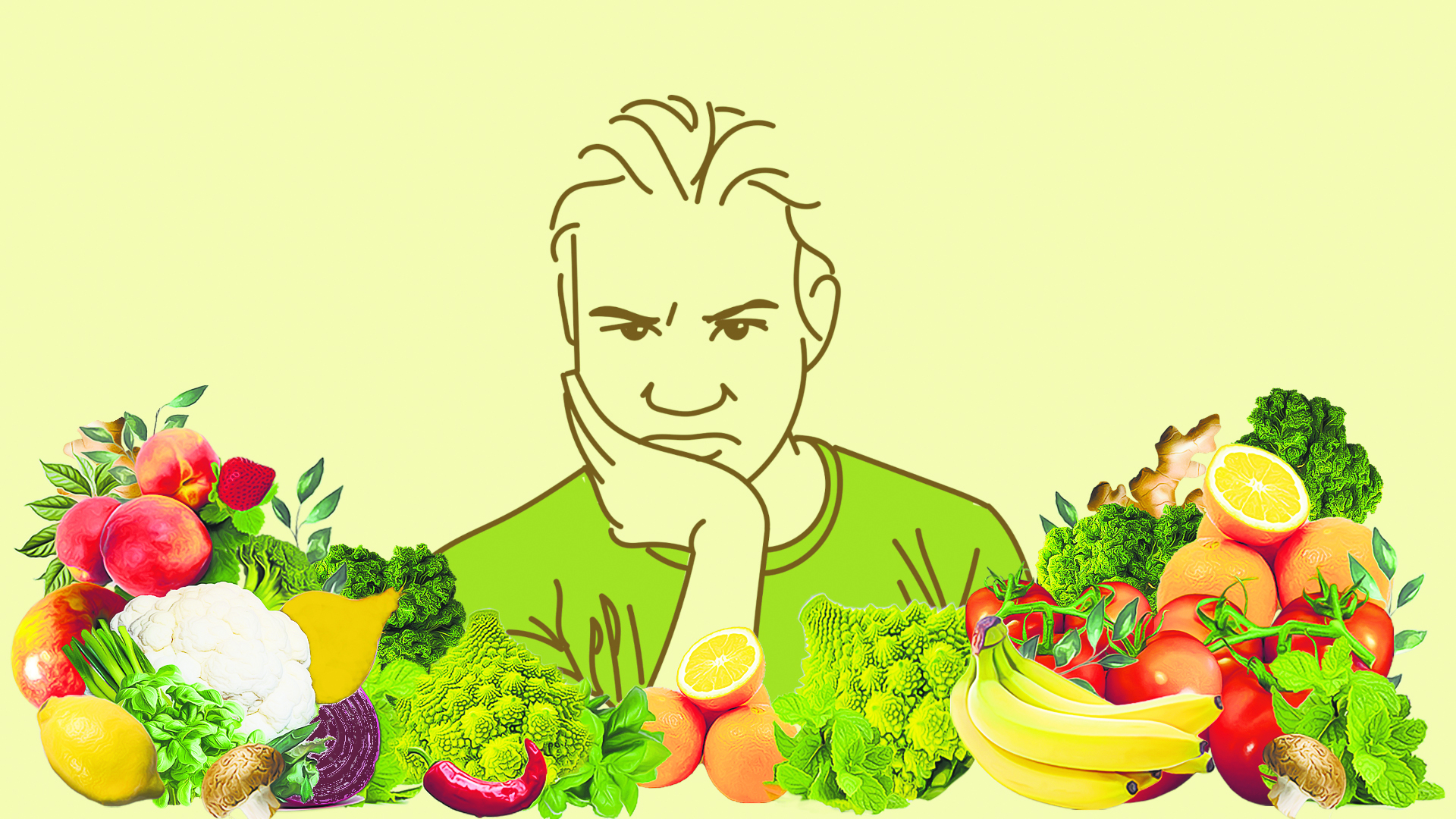


Vaishnavism is one of the major Hindu denominations, and its followers are called Vaishnavas. Vaishnav refers to one who is related to Lord Vishnu, one of the principal deities of Hinduism.
Those who are not Hindu are most likely to come across the term Vaishnav at eateries that serve what is called Vaishnav food. Such eateries most often have the word Vaishnav in their name, obviously to let all know the kind of food they serve.
Vaishnav food is vegetarian but does not include onion and garlic. The dietary prohibitions are based on the concepts of compassion, non-violence, and spiritual purity. Because of their conviction in the sacredness of all life, most Vaishnavas avoid meat, eggs, and other animal products. Onion and garlic are shunned because consuming them is said to increase restlessness and disrupt meditation and spiritual practices. Mushrooms are also avoided by some because they grow amid decaying matter, which is considered impure. Some Vaishnavas avoid strong spices and savoury dishes that excessively stimulate the taste buds, which is believed to divert attention from leading a focused and contemplative life.
Vaishnavas are also urged to eschew alcohol and other intoxicants which can impair mental clarity and spiritual growth.
Those who follow these dietary guidelines consider themselves to be Vaishnavas. Adhering to such rules for ethical or spiritual reasons is commendable, but is it enough? Does having such a diet alone make one a good human being? The final aim of spiritual practices is to elevate the human condition through acquisition of divine qualities, and ultimately reflect the fact that we are children of the Divine Father.
Having food that is sourced, prepared, and consumed with compassion, non-violence, and spiritual purity does help us in our spiritual endeavours. Food is known to significantly impact the mind in various ways. Adopting a plant-based diet may not inherently make us more compassionate, but it can serve as a catalyst for developing or deepening compassionate attitudes. It is often about the awareness, values, and choices we make as we align our dietary decisions with broader ethical considerations.
It is changing the diet of the mind that brings deeper transformation. The kind of thoughts we have, what we read, watch, and listen to, are the food we give to the mind. This food influences our way of thinking, attitude, and perspective. These, in turn, largely determine how we live our life and the way we approach and respond to different people and situations.
If we habitually note other people’s flaws and categorise them on that basis, how much genuine respect and empathy are we likely to have for them? We may smile and say all the right things to them, but our vibrations and behaviour will reveal our true feelings one way or the other. And if we are duplicitous in this manner, what can we expect to get in return?
We may be vegetarian, even vegan, but if our thoughts are tainted by dishonesty, anger, jealousy, or hatred, are we as pure or ‘Vaishnav’ as we would like to believe?
Thoughts based on the innate virtues of the soul, including peace, purity, love, and truth, are the pure food for the mind that makes us truly pure. When the soul is free from the contamination of vices, its food, lifestyle, behaviour, and relationships are naturally guided by ethical considerations. It is not a mere dietary or lifestyle statement, but a spiritual choice that brings manifold rewards that make life peaceful, happy, and fulfilling.
B.K. Usha is a Rajyoga teacher at the Brahma Kumaris headquarters in Abu Road, Rajasthan.